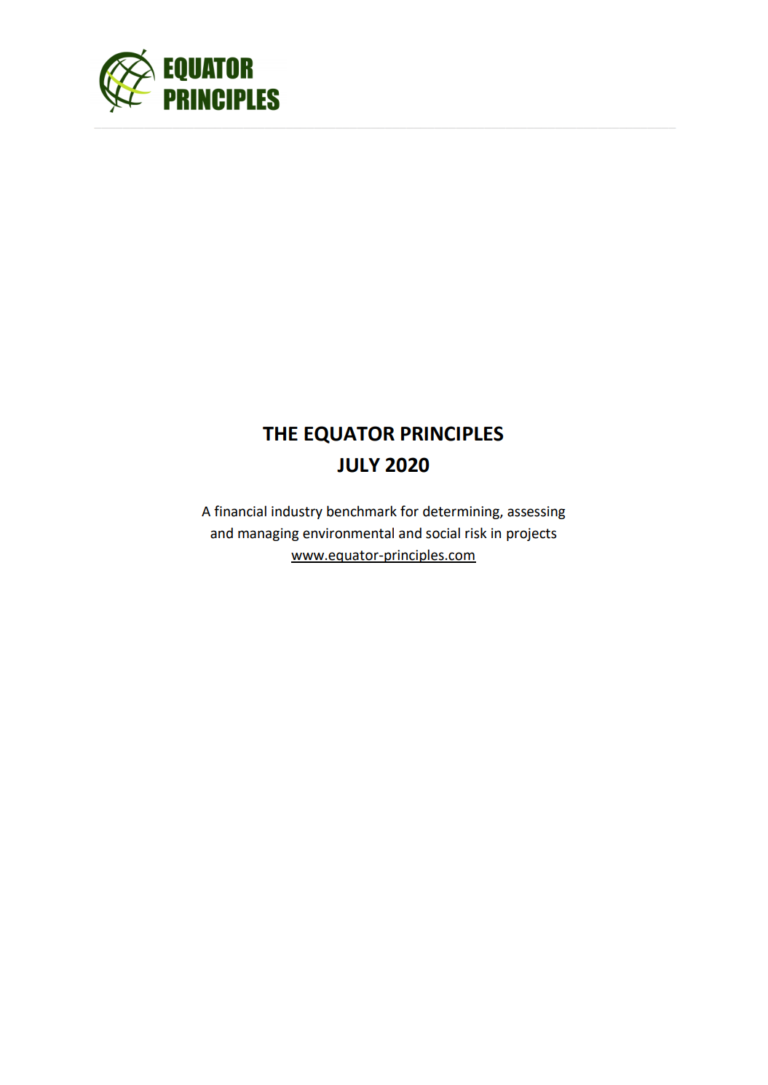Guide to eliminating worker paid recruitment fees and related costs (third edition): A practical step-by-step guide for retailers, brands, employers and labour providers in global supply chains
GuidanceThere are costs associated with providing the range of services integral to recruiting workers, including advertising and sourcing workers, processing applications, interviewing, worker documentation, skills assessment, placement, orientation, trans...Read More

